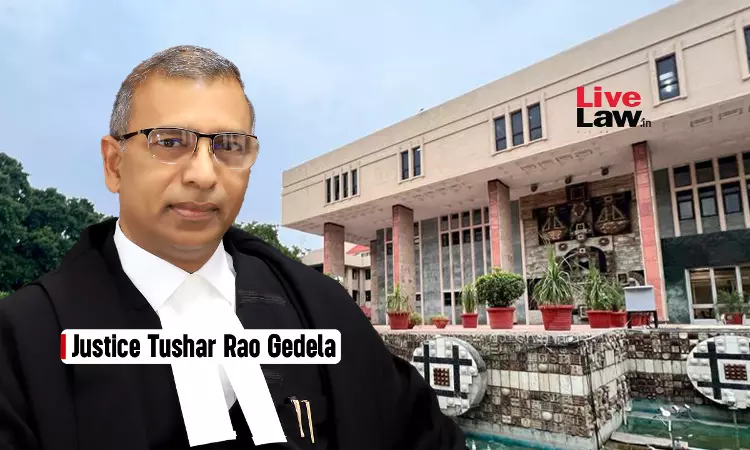Insolvency Resolution Professional Not 'Public Servant' Under Prevention Of Corruption Act: Delhi High Court
Nupur Thapliyal
19 Dec 2023 1:49 PM IST

Next Story
19 Dec 2023 1:49 PM IST
The Delhi High Court has ruled that an Insolvency Resolution Professional (IRP) does not fall within the meaning of “public servant” under Section 2(c) of the Prevention of Corruption Act, 1988.Justice Tushar Rao Gedela said that it is not necessary that all duties which are broadly defined as “public duty” would encompass within itself “public character”.“Merely because the IP...
